Filter by research area
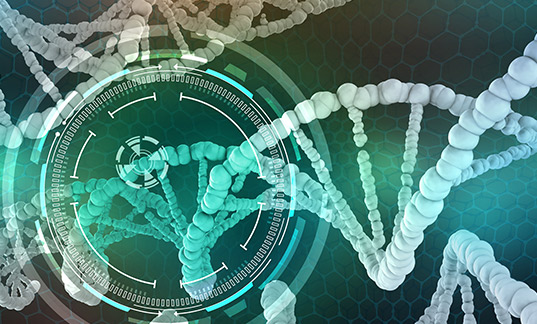
4 ways automation helps deliver better value in genomics research
In the dynamic, fast-paced landscape of genomics research, laboratory heads are constantly challenged to do more with less and deliver greater value from their investment. With the cost of next-generation sequencing reducing year on year, there...

In the modern genomics lab, automation is accessible for all
In his book, 'Seven Habits of Highly Effective People', Stephen Covey tells the story of a woodcutter attempting to chop down a tree with a blunt saw. Despite the frustration of working with this ineffective tool, the woodcutter carried on, saying...

Next-generation sequencing is transforming healthcare
Advances in next-generation sequencing have powered a genomic revolution. From early beginnings and painstaking processes, methods have advanced significantly, opening endless research avenues. In 2021, it is now possible to sequence a human genome...
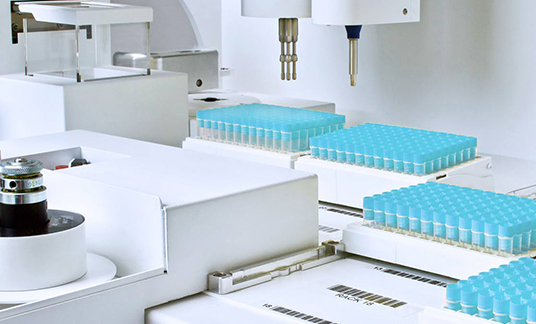
A little lab automation can go a long way
Budget season for lab managers is a tricky time when critical spending decisions need to be taken on competing investment priorities. Staffing costs and the benefits of new laboratory equipment are often weighed up and set against each other. Should...
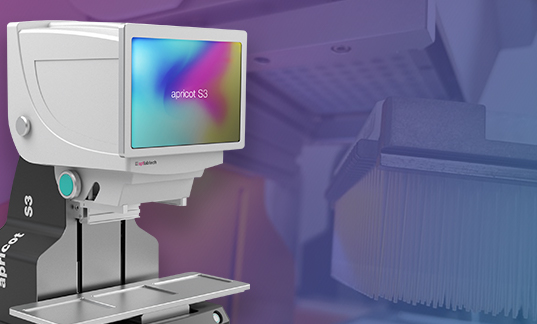
apricot S3 Pipettor - Accessible Automation & Endless Research Options
Recently, we introduced our apricot range of user-friendly liquid handling instruments to the SPT Labtech business. The apricot S3 pipettor is one of the core products in the range, offering automated high-performance 96 and 384 channel pipetting...
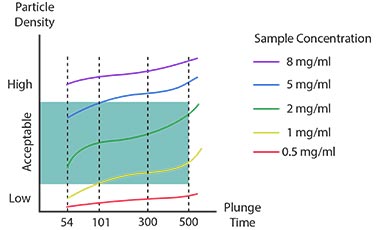
Sample Prep Series Part 4: Towards Routine Sample Specific Optimization for All
As cryo-EM adoption has grown so has the demand to prepare specimen using conventional commercial instruments and DIY set ups. However, most samples exhibit non-ideal behavior and the resulting specimen rarely achieve the reproducible and...
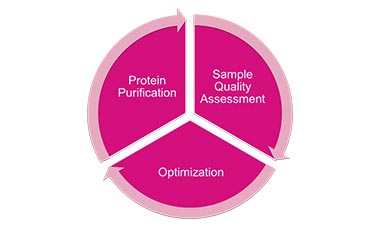
Sample Prep Series Part 1: Preparing your sample for vitrification
Sample preservation in vitrified ice (vitrification) is widely acknowledged as the first step in the cryogenic electron microscopy (Cryo-EM) workflow. However, prior to sample preparation researchers must consider the sample quality and determine...
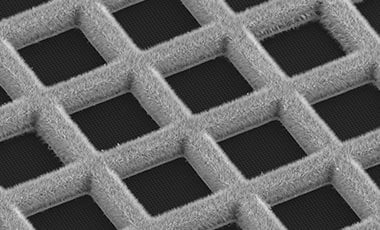
Sample Prep Series Part 3: Next Generation Sample Preparation
The period responsible for the current generation of cryogenic electron microscopy (cryo-EM) instrumentation and image processing software is often referred to as the “resolution revolution.” The results of these technological advancements have been...
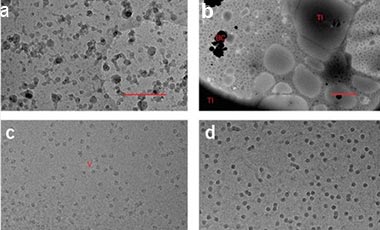
Sample Prep Series Part 2: Conventional Plunge Vitrification Optimization
The preparation of acceptable frozen-hydrated samples on transmission electron microscopy (TEM) grids is well known to be a challenging bottleneck in the cryogenic electron microscopy (cryo-EM) workflow. During sample vitrification it is assumed...
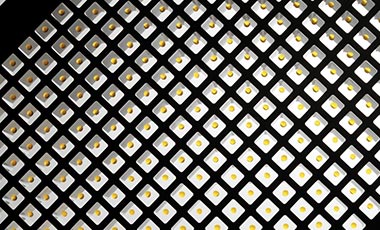
Is your assay really optimized?
In response to the question “Is your assay really optimized?” the answer we hear the most is – “It’s good enough” So, if your process isn’t broken, why on earth would you consider fixing it?
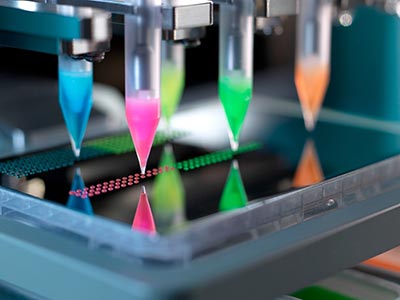
Why hasn’t DoE been readily adopted within Life Sciences?
So, is Design of Experiments (DoE), just a passing trend? DoE might appear to be a relatively new buzz word or concept, but rest assured it’s worth has been proven long ago within other industries. Why therefore hasn’t the approach been readily...
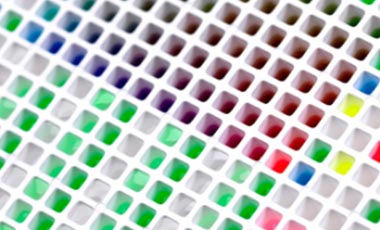
Why you should care how assays are developed?
Thanks to high throughput automation, delivering large scale library screens is very much a matter of routine but bottlenecks have an annoying habit of shifting. Has the pressure to keep pace now shifted upstream to your assay development and...






.jpg?length=320&name=SBTi%20Target%20Announcement,%20mktg%20(1200%20x%20800%20px).jpg)

